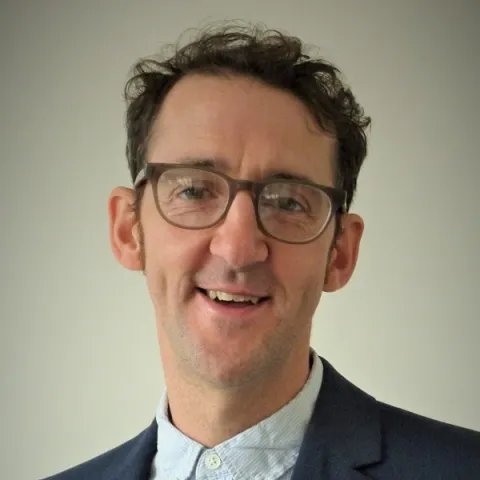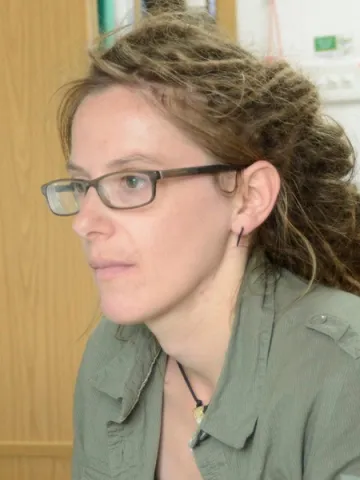About the project
Autonomous underwater vehicles (AUVs) are playing an increasing role in studying our oceans. While they can be equipped with a range of physical sensors, options for chemical monitoring are limited for smaller AUVs. This project looks to address this by developing new AUV systems for measuring ocean chemistry.
AUVs are becoming increasingly widespread in ocean science. They can obtain data with minimal human input, maximum efficiency, and with reduced carbon footprint. They can access environments that are inaccessible to humans for practical or safety reasons, such as around and under sea ice.
While the larger AUVs, such as Autosubs, can go to sea for weeks at a time, travelling thousands of miles with a large payload of sensors, they are expensive and require a large team to maintain and operate. Micro-AUVs, such as ecoSUB, Seaber Yuco or NemoSens, are at the other end of the scale, and are operable by a single person, more affordable, and deployable in larger numbers.
While there are a wide range of sensors for AUVs to study ocean physics, options are more limited for biogeochemical data. This problem is especially acute for micro-AUVs where there are more constraints on size and power consumption. An alternative approach, better suited for micro-AUVs, is to to take and return physical samples that can be analysed in laboratories. Consequently we recently developed a sampler capable of collecting discrete ~10 ml water samples.
For many chemicals of interest however, such as organic pollutants, concentrations are too low to measure from ~ml samples. This project looks to address this problem by developing a new sampler for trace chemicals that will pre-concentrate water samples in-situ. This could be used to measure a wide range of solutes, such as trace metals, including mercury, persistent organic chemicals, PFAS, and radionuclides.
You will receive technical training in engineering and biogeochemistry, as well as broader training and development of softer skills. You will be trained on 3D printing, laser cutting, and other fabrication facilities within the University to be able to deliver new prototype sampler designs. You will also be trained in oceanographic sampling, pre-concentration, and analytical protocols for a range of biogeochemical parameters, to be able to properly appreciate and specify the sampler design requirements.
This will be supplemented by academic and soft-skills training courses offered from the University, and you will have opportunities to participate in soft-skills development more generally by gaining experience of teaching or outreach activities.

